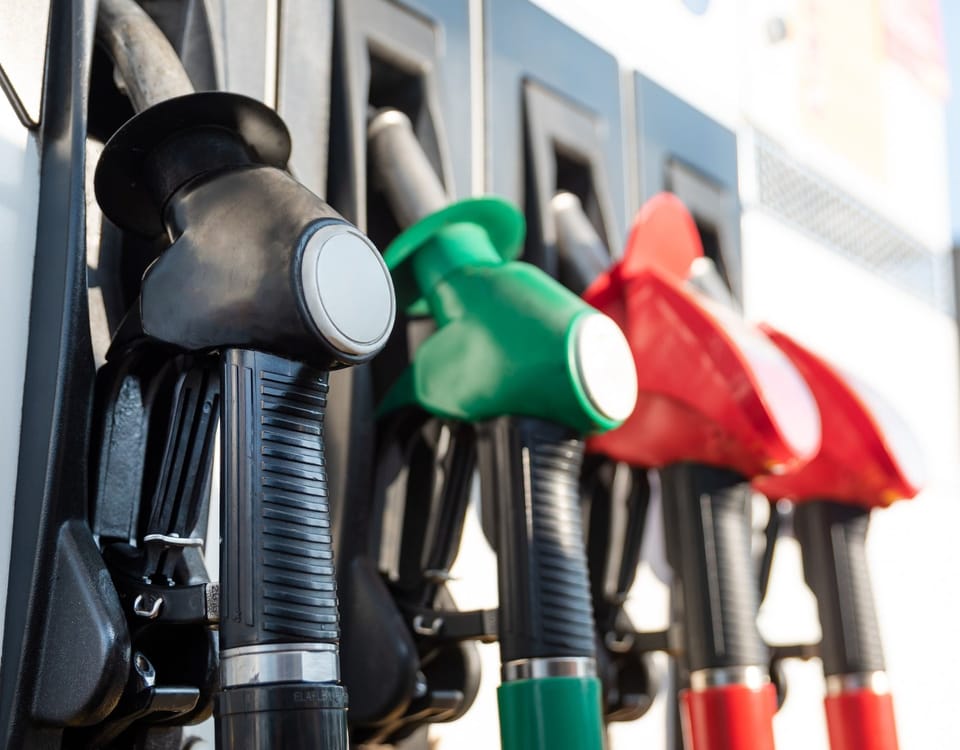
Have you considered getting an emergency backup generator for your home or business? A power outage can happen anytime, especially in times of inclement weather. If the power grid is down, it can be tough to know how long it will take to restore power to your home or business. If your business needs electricity to function, then a situation like that can seem like forever. However, having a backup generator in place will ensure your home or business has the power it needs until electricity is restored.
To be prepared, you need to decide which type of generator is best for you and your power needs. Here is a look at the two most common types of emergency backup generators: permanent standby or portable.
Permanent Standby Generator
A permanent standby generator will remain outside your home or business on standby. It is placed in a fixed location and therefore does not move. In order to function, permanent backup generators need to run on an existing fuel source, usually either propane of natural gas, and sometimes diesel. They are very powerful and have enough wattage to restore power to your entire home or business just seconds after a power outage. However, these types of generators are much more expensive than portable generators and requires a larger supply of fuel. They also require professional installation from a licensed electrician, and you must notify your utility company that you have a backup system in place.
If your home or business requires a lot of energy to function, or if you live in an area in which power outages are very common, then a permanent standby generator is a great option. They restore power within seconds after losing power, sometimes with no down time at all due to the standby ability of these generators. This can especially be vital to a business.
Portable Generator
A portable generator is much smaller than a permeant standby generator, and usually much more affordable. They are a great option if you only need to power a few important electrical items, like a refrigerator, freezer, or heater. Simply use extension cords to use the generator to power up appliances, etc. Portable generators are usually on wheels and can be easily moved around. They also run on gasoline, instead of propane or natural gas like a permanent generator. Make sure you always run a portable generator outside the home and never in an enclosed area as to prevent carbon monoxide gas from accumulating.
With portable generators, there are certain other precautions you must take as well. Never add fuel while the generator is running. Start the generators when no electrical loads are connected. Get carbon monoxide detectors inside your home just t be safe.
In order to select the best generator option for you and your business, determine how much power you need to keep things running during a blackout. Remember to consider things like refrigerators, freezers, heaters, well pumps, and other important necessities that must have power. And, of course, think about your budget as well. You don’t always need the biggest and most powerful generator available if it is going to cause unnecessary financial strain.
If you use a permanent standby generator, then you will need to ensure that it is properly fueled, with fuel reserves on hand. At Moffitt Services, we understand the importance of continuity during power outages and disaster. If you would like to learn more about how we can keep your fuel supply ready for anything, contact us today. We want to make sure your home or business keeps running when it matters most.




